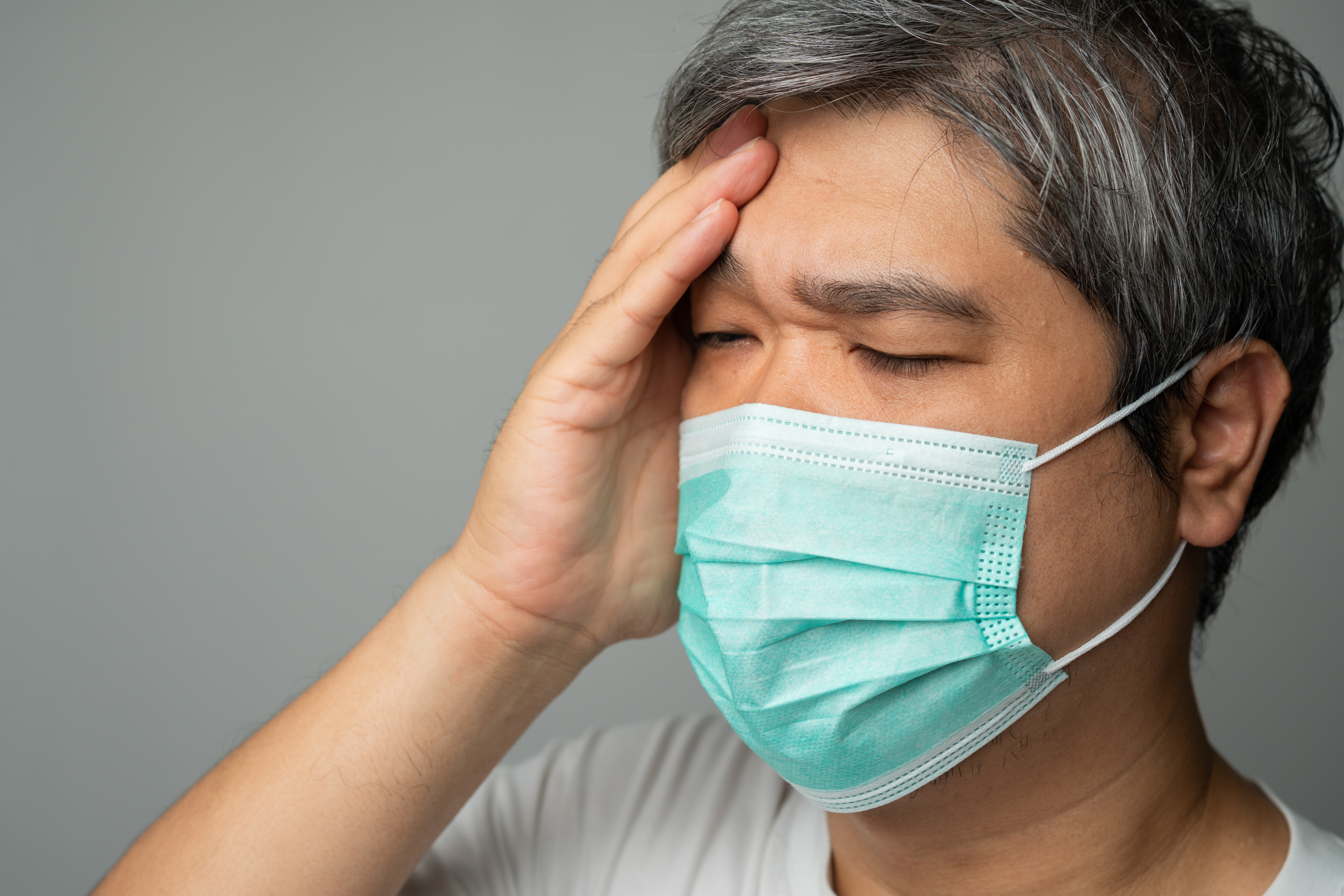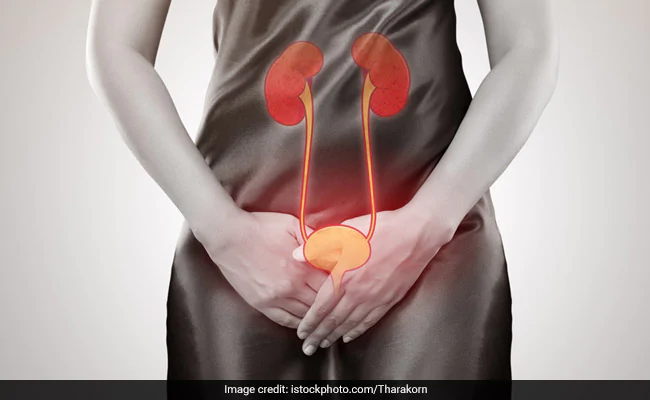- Our Doctors
- Our Specialities
Centres of Excellence
-
 Centre for Blood Diseases, BMT & Cancer Immunotherapy
Centre for Blood Diseases, BMT & Cancer Immunotherapy -
 Centre for Bone, Joint & Spine
Centre for Bone, Joint & Spine -
 Centre for Critical Care Medicine and ECMO Services
Centre for Critical Care Medicine and ECMO Services -
 Centre for Gastrosciences
Centre for Gastrosciences -
 Centre for Heart & Vascular Care
Centre for Heart & Vascular Care -
 Centre for Nephro-Urosciences
Centre for Nephro-Urosciences -
 Centre for Neurosciences
Centre for Neurosciences -
 Centre for Obstetrics and Gynaecology
Centre for Obstetrics and Gynaecology -
 Centre for Organ Transplantation
Centre for Organ Transplantation
Super Speciality
-
 Advanced Diagnostic and Interventional Radiology
Advanced Diagnostic and Interventional Radiology -
 Anesthesiology & Pain Management
Anesthesiology & Pain Management -
 Clinical Nutrition and Dietetics
Clinical Nutrition and Dietetics -
 Dental and Maxillofacial Surgery
Dental and Maxillofacial Surgery -
 Dermatology
Dermatology -
 Emergency and Trauma
Emergency and Trauma -
 Endocrinology and Metabolic Disease
Endocrinology and Metabolic Disease -
 ENT and Head & Neck Surgery
ENT and Head & Neck Surgery -
 Family Medicine
Family Medicine -
 General and Laparoscopic Surgery
General and Laparoscopic Surgery -
 General Medicine
General Medicine -
 Laboratory Medicine
Laboratory Medicine
-
- Key Procedures
- Our Hospitals
- International Patient
- Contact us
-
Quick Links
Blogs

COVID -19 & Mental Health
All of us will feel the impact of COVID – 19 which has now emerged as the biggest pandemic in living memory. It is likely to be a depressing and traumatizing time for most of us. But is the associated anxiety affecting us? Do we have all the facts related to COVID-19? And is there an actual high mortality related to it? Health workers by the nature of their work are at an increased risk as well as patients with diseases like Hypertension, Diabetes, Obesity, etc. This means that, although the disease is highly contagious, not all the infections results in death and there is significant hope for recovery.
People can be glued to TV and social media to get regular updates about the pandemic especially as we are worried about our near and dear ones. But have we stepped back to reflect and think if this is helpful? Does it tend to affect our emotions? Is there a possibility that this is causing a negative impact? Does it affect our self-esteem? There is an increased risk of building up of anxiety, negative thoughts and low mood associated with the habit of checking updates constantly. There is a fine line between limiting media time and taking important news update. But remember to share any positive stories and messages that you come across as this improves self-esteem.
These Are the Perspectives of a Few People Who Have Been Affected by the Lockdown:
Student: ‘Honestly this lock down has not affected me, as I like spending time at home. I have been able to focus on the small areas of interest in my life and picked up new hobbies too! It has not had a negative impact on me. I love being with my parents’.
Professional: ‘I was really worried how my little children would cope just being inside the house. The initial few days proved to be difficult with so much time in hand. Got to video chat with relatives and long-lost friends, something I never seemed to have time for before. The house seemed so much more at peace. We got to spend more quality time at home, rediscovering skills and appreciating the good health that we have now’.
House Wife: ‘Initially worried about commodities being scarce, then got used to having my husband at home for such a long stretch which has been very good too. Had help at home so got time to catch up on movies and other hobbies. Nowadays I don’t seem to miss my old normal life like going out and meeting people. But I do worry about the economy and the repercussions it may have’.
For those of us who have just started new jobs, it may be the most depressing point in our lives. But if we give it a deeper thought, this phase may be as worse as it can get, in one’s career. On the balance of probability, it perhaps cannot not get any worse. We will be able to tide over this period and emerge stronger. It is vital to take control of this situation that has affected the whole world. This is a challenge and we have to take it positively.
COVID-19 has definitely affected all of us in different ways. During this period it is very important to take care of ourselves and keep our sanity. We may be bored, frustrated or lonely. We may also feel low, worried, anxious or be concerned about our own health or that of our near and dear ones. In those who suffer from any form of anxiety disorder, depression, panic attack, stress, claustrophobia or any other mental health conditions, there is a risk that the current lockdown can worsen symptoms. It is important that we take care of our mind, as well as our body, and seek appropriate medical help without delay.
Is this stress?
During a difficult period it is not easy to recognize if we feel different. So a few stress markers are listed below. It is possible that this could be from stress or there may be other reasons as well.
Physical symptoms: Headache, Dizziness, Lump in the throat, Muscle tightness, Shoulder/neck and back pain, Chest heaviness or discomfort, Nausea and Abdominal discomfort, Fast heart rate, Sexual problems.
Mental symptoms: Poor concentration, Struggling to make decisions, Feeling overwhelmed, Constantly worrying, Being forgetful.
Changes in behavior: Irritable or being snappy, Altered sleep habits, Altered food habits, Avoiding certain problems, Drinking / Smoking more.
Once we recognize this it is important to seek medical help.
What can we do to stay well?
Feeling anxious or worried can make it harder to get a good night’s sleep. Good-quality sleep makes a big difference to how we feel mentally and physically. Try to maintain regular sleeping patterns and keep good sleep hygiene practices like avoiding screens before bed, cutting back on caffeine and creating a restful environment.
Life is changing for all of us for a while. Whether we are staying at home or social distancing, we are likely to see disruption to our normal routine. So think about how to adapt and create positive new routines. A few tips maybe to engage in useful activities like cleaning, cooking or exercise and other meaningful activities such as reading or calling a friend. Some find it helpful to write a plan for the next day or week.
Focusing on a favorite hobby, learning something new or simply taking time to relax indoors should give some relief from anxious thoughts and feelings and can boost the mood. If we are unable to do the things we normally enjoy because of staying at home, try to think about how to adapt to the new scenario. Find something that works – read, write, play games, do crossword puzzles, sudoku and jigsaw or explore a creative side with drawing, painting, etc.
It is important to look after our physical health. At times like these, it can be easy to fall into unhealthy patterns of behaviour which in turn can make us feel worse. So try to eat healthy, well-balanced meals and drink enough water.
Consider work out or other exercise videos inside the house everyday where possible. Try to avoid smoking, alcohol and drugs. If able to go outside then consider walking. Spending time in green spaces can benefit both our mental and physical well being. If getting outside is difficult we can try to still get these positive effects by spending time with the windows open to let in fresh air, arranging space to sit and see a nice view (if possible) and get some natural sunlight, or get out into the garden.
It is important to continue to take all regular medications if any.
Maintain contact if concerned about the health of a loved one. Keeping in touch is important for the emotional well being for both sides. Maintaining relationships with people we trust is important for our mental well being. Think about how we can stay in touch with friends and family via telephone, video calls or social media instead of meeting in person.
Limit time spending to the virus coverage. 24-hour news and constant social media updates can make us more worried. It might help to limit the time spent watching, reading, or listening to media coverage of the outbreak. It may help to only check the news at set times or limiting to a couple of checks a day. Always stick to facts. Find a credible source for facts. Think about how possibly inaccurate information could affect everyone.
Think about how to help those around us as it could make a big difference to them and can make us feel better too. Are there community groups that we could join to support others locally? And try to be accepting of other people’s concerns, worries or behaviours.
Stress busters:
- Identify the problem
- Remember that there is always a solution
- Find a solution that is satisfying and practical
- Setting goals will reduce passivity and build self esteem and confidence
- Build up resilience by helping other people and this helps to put our problems in perspective
- Prioritize work and concentrate on the ones which will make a difference
- Concentrate on the positives and things for which we are grateful about
- Accept things we can’t change
- Being aware of what is around us in the present moment – Mindfulness
Some people find the news about the coronavirus alarming and experience such intense anxiety that it becomes a problem. It is okay to acknowledge that some things that are outside of our control but constant repetitive and negative thoughts about the situation are not helpful. Always remember that this is a difficult time for everyone and sharing feelings and the things we do to cope with family and friends can help them too. If that cannot be done, then it is advisable to seek early and appropriate medical help.
Latest Posts
-
 Awake Craniotomy Jul 12, 2022
Awake Craniotomy Jul 12, 2022 -
 Curing Constipation Jul 12, 2022
Curing Constipation Jul 12, 2022 -
 The ‘Gut Health’ Buzz Jul 12, 2022
The ‘Gut Health’ Buzz Jul 12, 2022 -
 Tips to Prevent UTI Jul 12, 2022
Tips to Prevent UTI Jul 12, 2022
Categories
- Clinical Nutrition and Dietetics
- Endocrinology and Metabolic Disease
- General and Laparoscopic Surgery
- General Medicine
- Physical Medicine and Rehabilitation
- Psychiatry
- Centre for Heart & Vascular Care
- Centre for Bone, Joint & Spine
- Centre for Neurosciences
- Centre for Gastrosciences
- Centre for Nephro-Urosciences
- Centre for Blood Diseases, BMT & Cancer Immunotherapy
- Centre for Obstetrics and Gynaecology

 +91 9393 108 108
+91 9393 108 108














































